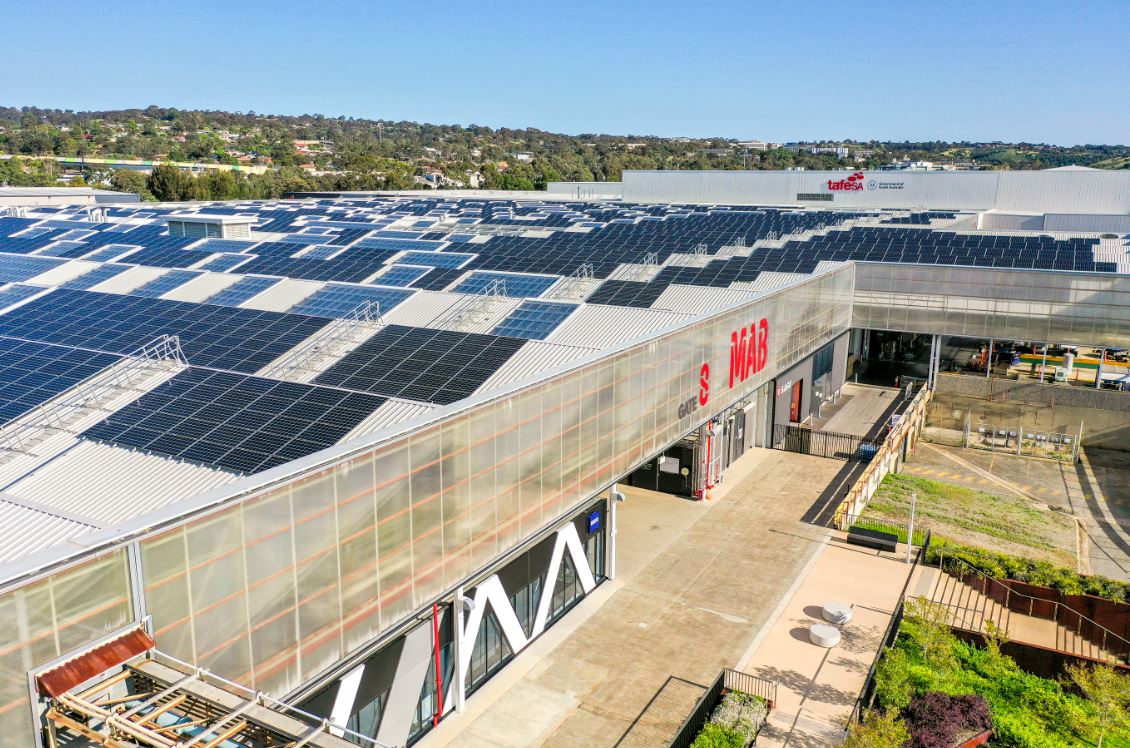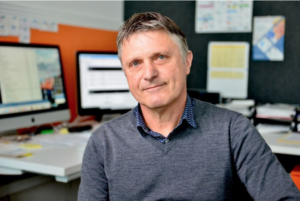
The Australian Government is ramping up efforts to move to a more sustainable circular economy by 2030.
With Australia’s chief scientist Dr Cathy Foley, Flinders University Professor John Spoehr, Pro Vice-Chancellor (Research Impact) and Director of the Australian Industrial Transformation Institute, has joined the new Circular Economy Ministerial Advisory Group.
Reporting to the Minister for the Environment and Water Tanya Plibersek, the advisory group will work with state and territory Environment Ministers, industry leadership and the 15-member national advisory group to meet a series of targets.
With a strong background in promoting circular economy and industry reform, Professor Spoehr says the establishment the advisory group is excellent timing.
“Setting a target year of 2030 to develop and adapt key initiatives, including plastic recycling, is vital to meeting and capitalising on key environmental, social and economic challenges and opportunities,” he says.

“As well as reducing waste, many of these initiatives will create homegrown industries and jobs to help rebuild Australia’s sovereign capability and reduce reliance on finite resources.
“This ‘reindustrialisation’ and emergence of next-generation advanced manufacturing will in turn support research and development into other industries, which could focus on renewable green technologies, decarbonisation and zero net emission targets.”
Underpinned by a transition to renewable energy sources, a circular economy is underpinned by reducing waste and pollution, keeping products and materials in use for as long as possible, while regenerating natural systems.
Professor Spoehr says these targets sit well with the University’s sustainability program and own research endeavours linking the circular economy and industrial transformation agendas.
As well, key research efforts at Flinders University’s College of Science and Engineering includes work on new nanomaterials used from recycled products, including new polymers made from industrial waste, enhanced solar cells, organic batteries and biofilms which remove toxins from water.
Flinders University has been instrumental in setting up the government-backed Factory of the Future at the Tonsley Innovation District at the former Mitsubishi car-making plant at Clovelly Park, south of Adelaide.
Companies can use high-tech facility, and other robotic and automation laboratories at Flinders University, to test product and process prototypes.
With South Australia a leader in renewable energy, Professor Spoehr says the State is playing a key role in promoting a robust circular economy in Australia.

